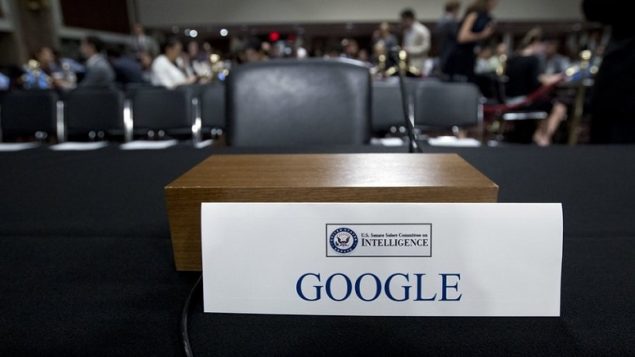
Don’t know something? Google it. Want to email, well there’s Gmail. Want to find a place, well there’s google maps, and google earth.
Google is now the largest and best known name on the internet with income in the billions of dollars and is now involved in so many other high tech ventures as well.
The company name is now a common noun and verb known worldwide.
David Gerhard (PhD), is a professor of computer science at the University of Regina in Saskatchewan who looks at the growth of Google and the future.
The idea for Google was originally a university dissertation by Larry Page. He and his colleague Sergey Brin developed it into a web search engine that was ranking pages in a unique way.

Professor David Gerhard (PhD), computer science, University of Regina (CBC)
They thought at first they would sell it to other search engines, but instead decided to run it themselves.
Originally called “Backrub” the search engine by the Stanford University grads started life in a garage. A mere 20 years later Google is now a massive multinational with 90,000 employees.
It has locations world-wide and is involved in robotics, artificial intelligence (AI), autonomous vehicles and much more.

When Google, Facebook, and Twitter were asked to appear before a US Senate hearing into foreign meddling in the US elections via social media, Google didn’t show.leading to more criticism of the mega platform (jose Luis Magana- Ap via CBC)
In spite of the high-tech divergence, Professor Gerhard says Google’s billions of dollars in income comes primarily from advertising.
In spite of their high tech advances in other areas like robotics, AI etc, Gerhard feels their main focus remains the generation of income from advertising and how they can make advertising money from any other tech innovations, as opposed to a focus on marketing advanced products.
He notes that Google has been, and continues to be criticised about the vast amount of personal information it can capture, how it controls our searches, how it may censor itself for access to China, a relation with the U.S. military, and so on.
But he notes our lives are now lived on the internet, and it would be almost impossible to imagine a world without Google


